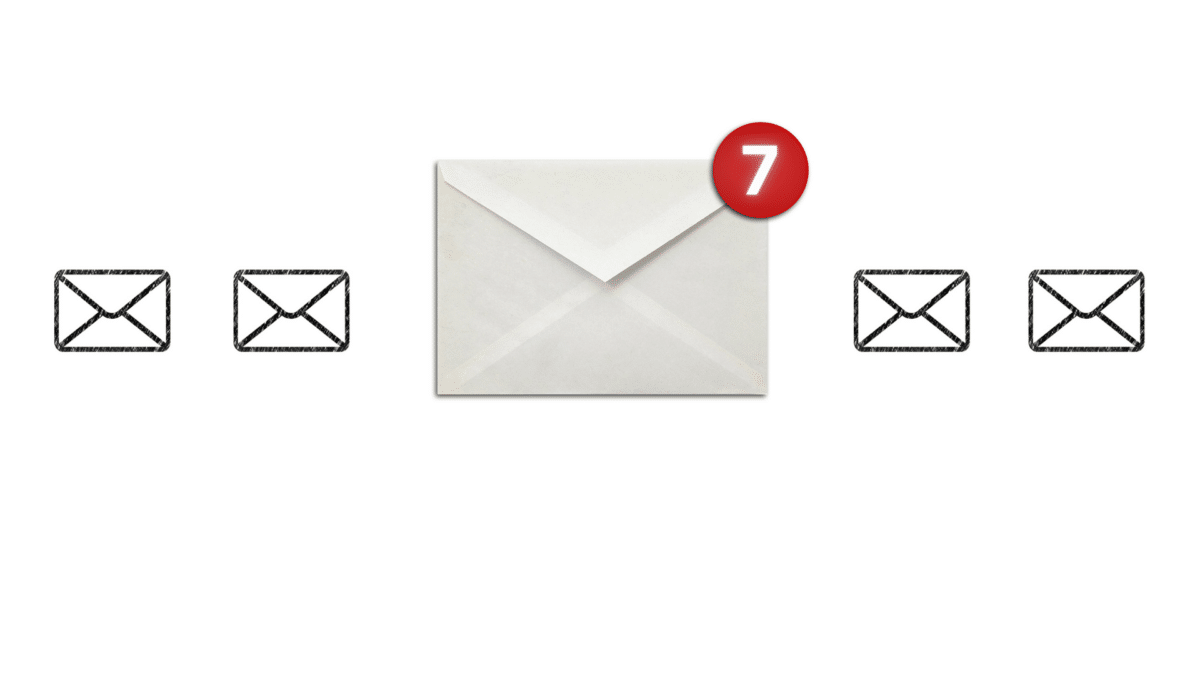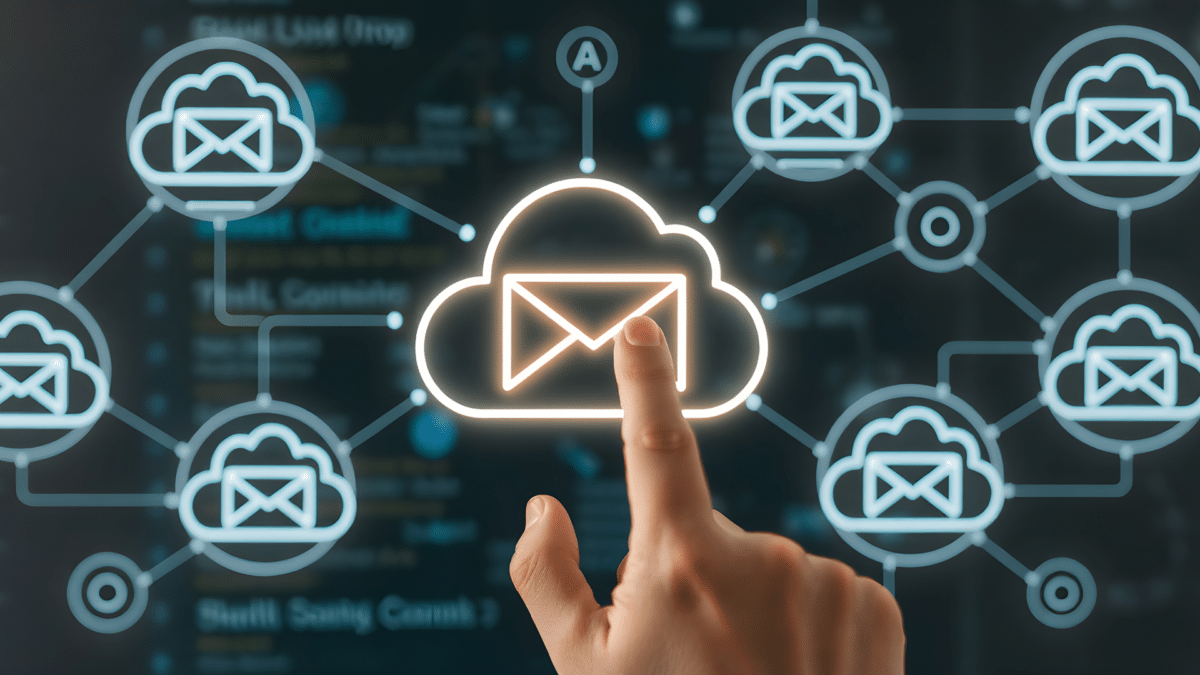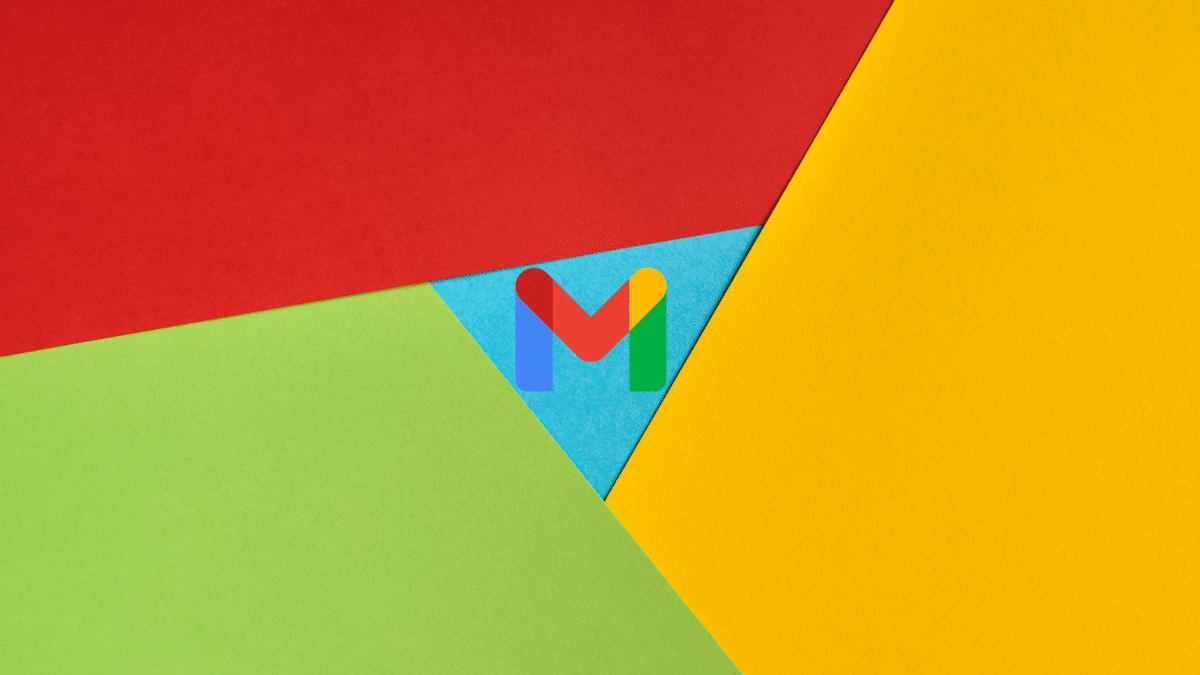Email marketing remained one of the most reliable channels for businesses in 2025, but it also became a more disciplined and less forgiving channel. While the core principles of email marketing stayed the same, the expectations of inbox providers and subscribers continued to rise. Brands that relied on outdated habits struggled to maintain engagement, while those that focused on relevance, consistency, and respect for their audience were rewarded with stronger performance.
As inboxes became more crowded, simply sending an email no longer guaranteed it would be seen. Inbox providers, such as Gmail, paid closer attention to how people interacted with messages. Engagement signals played a larger role in deciding which emails reached the inbox and which did not, pushing marketers to think beyond volume and focus on long-term value.
7 Email Marketing Insights from 2025 to Carry Into 2026
Below are seven key lessons email marketers learned in 2025 and why they matter heading into 2026.
1. Deliverability Became the Foundation
In 2025, deliverability was no longer something marketers could treat as an afterthought. Inbox placement depended heavily on sender reputation, list quality, and consistent engagement. Issues like poor authentication, spam complaints, and inactive subscribers quickly hurt visibility and influenced whether future emails landed in customers’ inboxes or were sent to spam. Brands that monitored these factors closely were able to maintain steady inbox access, while repeated mistakes made recovery harder.
2. Engagement Mattered More Than Opens
Open rates became less reliable as a primary measure of success in 2025. Privacy changes and filtering made it harder to know when an email was truly read. As a result, email marketers shifted their focus to actions that mattered more, such as clicks, conversions, and revenue. This change encouraged teams to connect email performance to real business outcomes, leading to clearer insights and better decision-making.
3. Sending Less Often Produced Better Results
Many brands discovered that sending fewer emails improved performance. Over-sending led to fatigue, unsubscribes, and lower engagement. Slowing down allowed email marketers to be more intentional with their messaging, leading to emails being delivered with a clearer purpose and more value. By prioritizing relevance over frequency, brands were able to build stronger relationships with subscribers.
4. Automation Continued to Drive Consistent Value
Automated emails remained one of the most dependable parts of an email marketing program in 2025. Messages like welcome emails, abandoned cart reminders, and post-purchase follow-ups reached customers at the right time thanks to thoughtful segmentation and customer analytics. Although they were automated, these types of emails often felt more relevant to recipients because they were triggered by behavior. Over time, many brands came to see that they generated engagement and revenue with minimal effort.
5. Segmentation Outperformed Basic Personalization
Using a customer’s name alone was no longer enough to make an email feel personal. In 2025, segmentation that was based on behavior, lifecycle stage, or interests delivered better results. Timing and context mattered more than surface-level personalization. When emails met customers where they were in their journey, campaigns felt useful instead of intrusive. This helped brands send content that matched real needs.
6. AI Became a Practical Support Tool
AI became more useful and accessible in 2025. Many teams used ChatGPT or Google Gemini to speed up tasks like copywriting, image creation, or generating ideas. As a result, email marketers could move faster and stay productive. However, strong results still depended on human judgment and interpretation, showing that AI worked best as a support tool, not a replacement for experience.
7. More Text, Less Imagery
The most effective emails in 2025 sounded natural and approachable. Simple language and clear offers resonated more with subscribers than over-designed emails. Email templates with heavy use of images proved to be less effective because they loaded slowly, struggled in dark mode, and created accessibility issues for screen readers. Text-forward designs were easier to read, more searchable, and more reliable across devices.
Looking Ahead to 2026
As email marketing moves into 2026, success will depend on relevance, consistency, and respect for the inbox. Brands that focus their email marketing strategy on engagement, thoughtful automation, and clear messaging will be better positioned to succeed.
Email is not becoming less effective; it’s becoming more disciplined. For businesses willing to adapt, that shift creates massive opportunities in the year ahead. Read my previous blog, Top 10 Reasons to Hire an Agency for Your Business’s Email Marketing.









